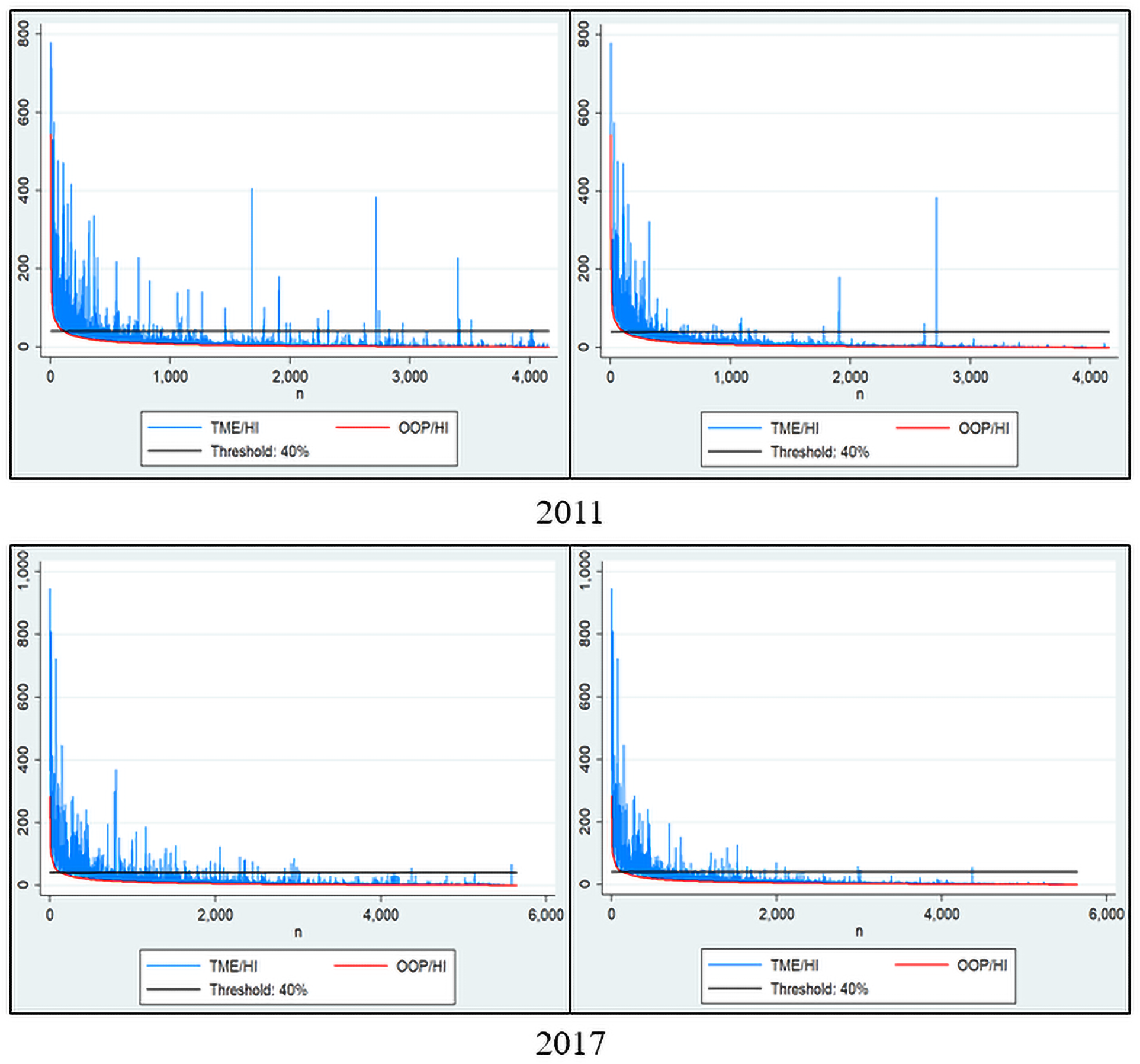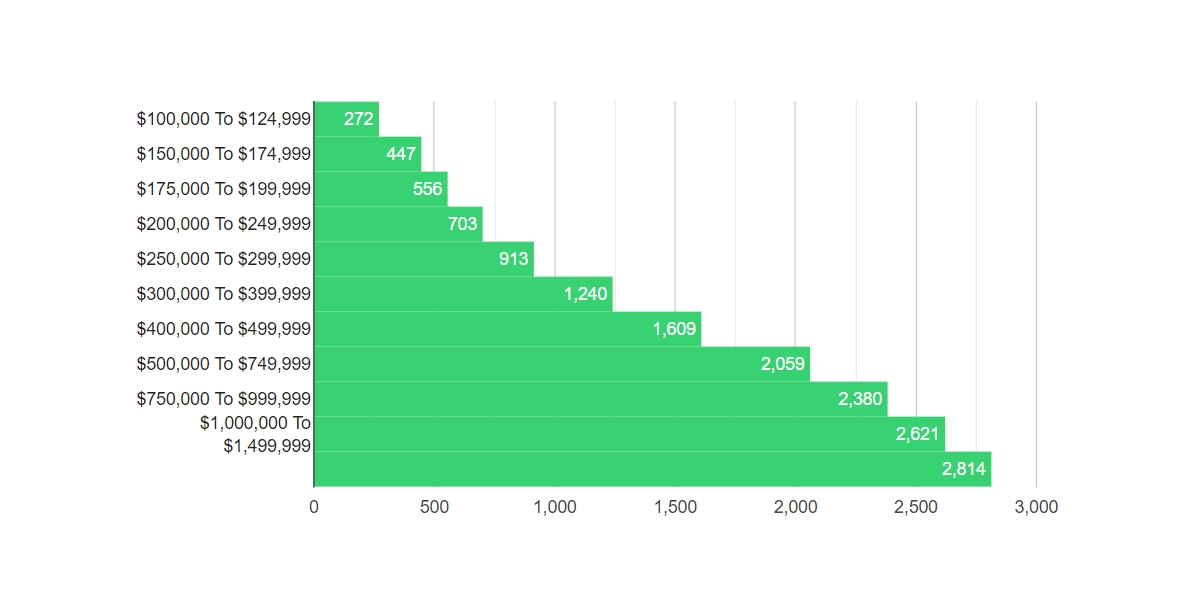
A PPO plan is a type of health insurance that allows you to see a doctor or hospital in network, or out of network. However, this plan is typically more expensive than an HMO. Your out-of–pocket expenses will also be higher. A PPO may be right for you depending on your needs and your budget. There are many benefits to choosing a PPO.
One of the biggest advantages of a PPO plan is flexibility. PPO networks are large and can be found almost anywhere. This allows you to find the best medical care and doctors in your region. You may also find that the PPO network makes it easier to pay for services in your area.
A PPO also gives you the freedom to choose your primary care physician. In certain situations, you don't need a referral to your PCP to visit a specialist. You will need to refer a specialist if you don't have a PCP referral. However, you will pay more if you see a specialist with a referral. It is also important to note that you may have to pay a copay, or a fixed dollar amount, for certain healthcare services.

Calling your insurance company before you seek out care from outside-of network providers may help to reduce this cost. The call will help prevent your claim from being denied, and it can prevent you from paying for unnecessary treatments.
If you have a private medical plan (PPO), you can access any provider in your network. You have the option to choose the doctor that you like. But, you still have to pay for any out-of-network services. Even though the rates of services are often lower than usual by the medical providers and insurance companies, you may still be charged more if your care is provided by an out-of network provider.
A PPO has another advantage: your doctor and other medical professionals are able to negotiate rates and schedules with health facilities. If you have a PPO, you'll have more options for lab and testing locations. You can access the care you require, whether you're at home or on the road.
Other factors that you should consider when selecting a PPO include deductibles and copays. The deductible is a set amount that you must pay each year before your insurance coverage kicks in. The first $1,000 of your costs is usually covered. Your insurance company will usually cover the remainder. Copays are fixed dollar amounts you pay each time you have a visit to a provider. Depending on your plan and other factors, you might have to pay for tonsillectomies (or birth control). Likewise, you can pay for medications you take at the pharmacy, but you will have to check with your insurance company about what types of prescriptions are covered.

PPO policies can be an excellent option for self-managing your own medical care. People who frequently travel and want to have the option of seeing any healthcare provider can opt for this type of insurance. Your needs, budget, and lifestyle will all play a role in choosing the right health insurance plan.